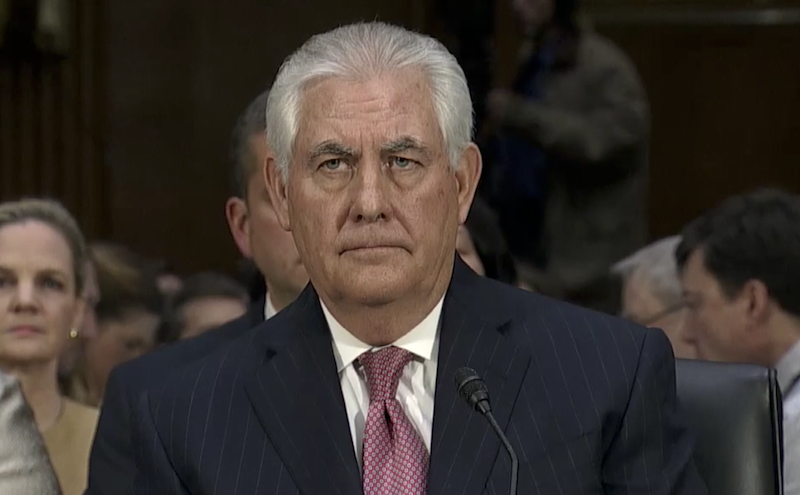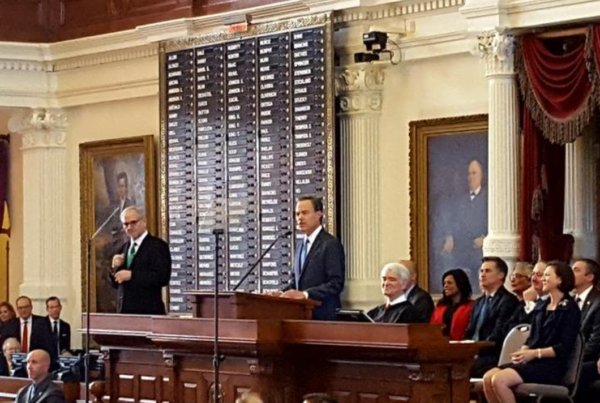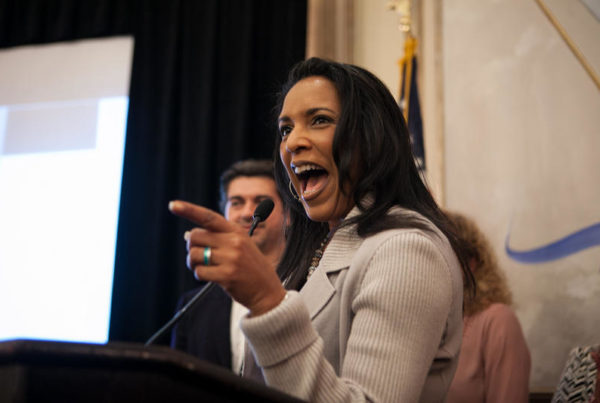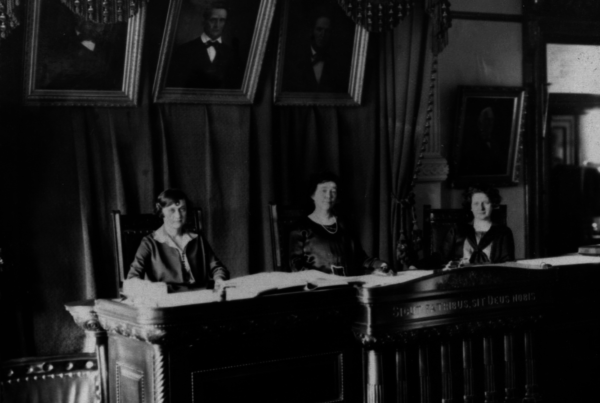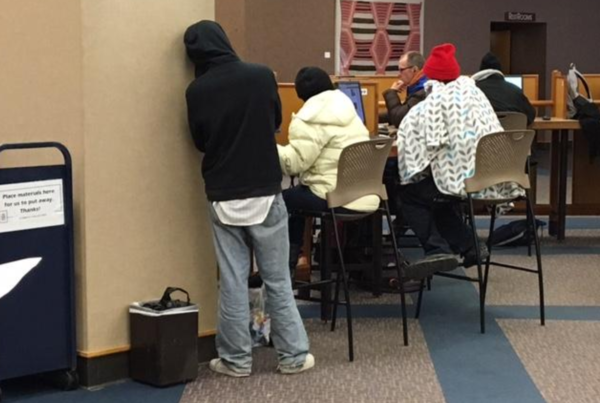Texan Rex Tillerson, former Exxon Mobil Chairman and CEO, sat in a grueling and contentious senate confirmation hearing Wednesday. The U.S. Senate Foreign Relations Committee grilled Tillerson on foreign policy to help determine whether or not he’s suitable to take up the mantle of secretary of state under President-elect Donald Trump.
During yesterday’s marathon session Tillerson walked a tightrope between placating members of the senate who have concerns about many of Trump’s more contentious pronouncements on world affairs and appearing to be in agreement with most of Trump’s policies.
Tillerson showed a reluctance to make sweeping declarations about U.S. foreign policy – like refusing to name Russia’s President Vladimir Putin a war criminal – to the disappointment of some senators.
Criticism surrounds Tillerson’s perceived close ties to Russia because of relationships forged during his years working out deals with the country on behalf of Exxon. Tillerson said Wednesday that he’d push back against Putin’s efforts to expand Russian influence.
During the hearing, Tillerson distanced himself from Trump’s campaign promise to ban Muslim immigration to the states and calls to register all American Muslims. He dodged questions about Exxon’s possible lobbying against U.S. sanctions against Russia. He also answered questions about climate change, acknowledging its dangers.
Tom Benning with the Dallas Morning News was at the confirmation hearing. He says Tillerson and Sen. Marco Rubio (R-Florida) had a few particularly contentious discussions. While many other Republicans have publicly stated their support for Tillerson, Rubio said he still has questions.
“He asked those questions in a quite a pointed way,” Benning says. “[He] really at the end sunk into questioning Tillerson about his push for moral clarity, saying that that’s impossible for rhetorical ambiguity. He and other senators seemed a bit frustrated at times by Tillerson just saying he couldn’t answer or he didn’t know, or one case, that he was refusing to answer. At the end Rubio left open whether or not he’s going to end up supporting Tillerson.”
The hottest back and forth between the two was about calling particular leaders war criminals, like Syrian President Bashar al-Assad.
Rubio said he understood if Tillerson didn’t want to start labeling people before he stepped into office, but mentioned that Tillerson would have to do so once confirmed.
“Rubio and other Republicans are extremely frustrated with Russia and Vladimir Putin obviously in light of these intelligence reports, on their hacking efforts,” Benning says. “That was a big concern going into the hearing given that Tillerson had deep ties to Russia through his time at Exxon Mobil. Now, he tried to allay some of those concerns coming out with a pretty hard line on Russia, talking about the aggressive action he would take to respond to Russia if there were something like the taking of Crimea.”
One of the fascinating undercurrents of the confirmations hearings, which have been taking place throughout the month, is looking at whether Trump’s cabinet nominees are speaking for him or are speaking for themselves, Benning says.
Tillerson offered examples in both camps, Benning says. He joined Trump in criticizing the outcomes of the Iraq War, but distanced himself from some of the president-elect’s rhetoric about Mexicans and his criticisms of the Trans-Pacific Partnership.
“Those sort of things do offer a window into how this administration might work or how [Tillerson] might lobby the president to make policy,” Benning says.
No vote is set yet for Tillerson’s nomination, but Benning says Republicans seem to want to line up confirmations for the day of Trump’s inauguration.
“We’ll just have to see how it’s going forward,” Benning says. “Even with Rubio and others expressing concern, it would take a solid three Republicans to not support Tillerson to really mess things up – and most people consider that unlikely.”
Written by Beth Cortez-Neavel.


